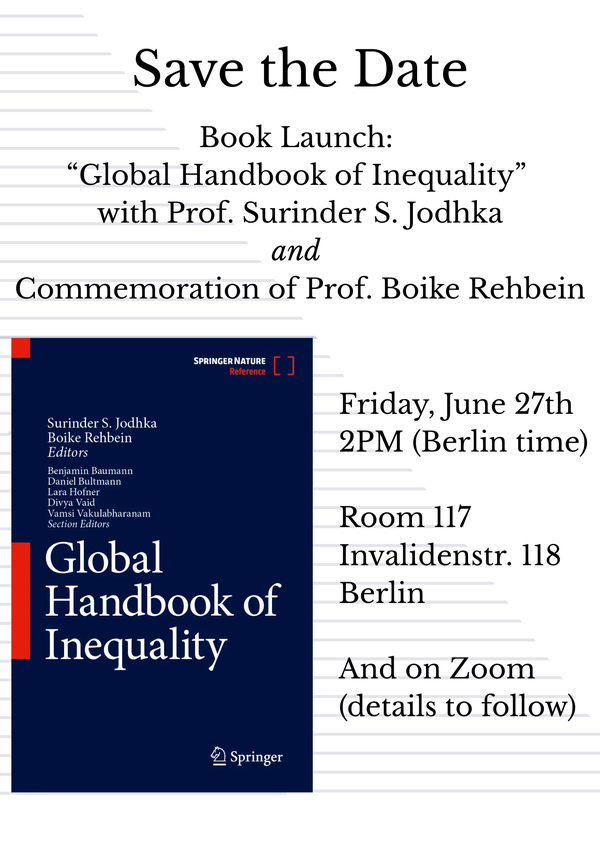HU Southeast Asian Societies and Cultures Lecture Series
Stay up to date by signing up to our mailing list! Send an e-mail with an empty body with the subject "subscribe seasocieties-iaaw First name Last name" to sympa@lists.hu-berlin.de.
Mondays, 6-8 pm, Invalidenstr. 118, room 117
April 15th, 2pm. ONLINE
Book Launch: “Tuol Sleng Genocide Museum: A Multifaceted History of Khmer Rouge Crimes” with Stephanie Benzaquen-Gautier and Ann-Laure Porée.
May 5th
Sirima Thongsawang (Chulalongkorn University):
“Urban conflict and resolution: Bangkok as the city of Anulom”
May 19th
Simon Rowedder (Universität Passau):
“Yunnan as Inter-Asian Method – not quite ‘Chinese’, nor quite ‘Southeast Asian’”
May 26th
Paul Christensen (Georg-August-Universität Göttingen):
“Living with Shifting Sands: Social and Spiritual Impacts of Sand Mining in Southeast Asia”
May 27th TUESDAY 6pm
Andrew Mertha (Jons Hopkins University):
Book Talk – “Bad Lieutenants. The Khmer Rouge, United Front, and Class Struggle, 1970-1997”
6. June FRIDAY 3PM
Dr. Tue Trinh (Nationale Universität Hanoi):
Anredeformen im Vietnamesischen
[Forms of address in Vietnamese]
June 27th FRIDAY 2pm
Book Launch: “Global Handbook of Inequality” with Surinder Jodhka (Centre for the Study of Social Systems, Jawaharlal Nehru University)
Abstract:
This handbook provides the most up-to-date and comprehensive review of the literature on inequality. It provides comprehensive overviews of the main theoretical traditions, concepts, dimensions, methodologies and contemporary debates around inequality as well as outlines of the situation of inequality in the world regions. Each entry covers the most relevant literature on the respective topic and gives an introduction to the key discussions. This authoritative reference work includes contributions from established and upcoming scholars based all over the world, and is truly global in perspective. It serves as a first introduction to the study of a particular field or issue related to inequality. The distinctive aspect of this handbook is its emphasis on the lived realities of inequality, its relational and cultural aspects, as well as the economic and quantitative aspects.
This is a must-read reference volume for students, researchers and professionals interested in thistopic across the spectrum of the social sciences.

June 30th
Benjamin Baumann (Universität Heidelberg):
"Matrifocality and ancestral cults in Thailand’s lower Northeast"
July 7th
Timothy Williams (Bundeswehr Universität München):
“‘The ghost of communism is alive and well.’ Consolidating power through memory.”
